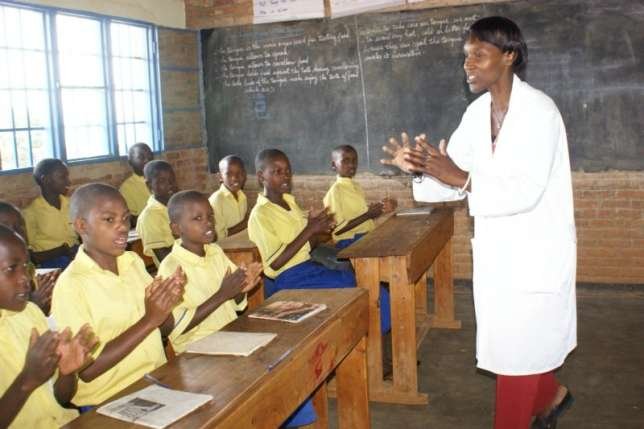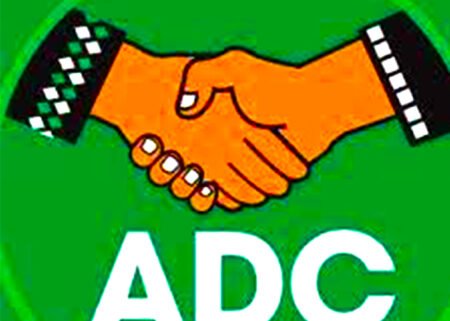The Universal Basic Education Commission (UBEC) has advocated for sign language training in schools to reinforce the federal government’s commitment to inclusive education.
Aisha Garba, Executive Secretary of UBEC, made the announcement on Thursday at the 2025 International Day of the Girl Child commemoration in Abuja.
She highlighted the event, titled “Lead a Change: Learn Sign Language Today,” as an opportunity to reinvigorate national commitment to ensuring that every girl, regardless of ability, is seen, heard, and empowered to lead change.
She emphasized that the federal government’s Renewed Hope Agenda continues to prioritize education and girl-child empowerment, highlighting the LUMINAH Project’s move to UBEC as evidence of joint efforts.
The UBEC chairman highlighted the Commission’s inclusive education measures, revealing that a strategy had been implemented to institutionalize the teaching and learning of sign language in all basic education schools in Nigeria.
“Imagine a country where hospitals, banks, supermarkets, airports, and schools have sign language interpreters; then you will have a system without communication barriers for our hearing-impaired children.
“That is the vision we are working towards, one school, one change at a time,” she said.
Garba explained that UBEC’s school policy now requires accessibility structures such as ramps to guarantee that pupils with physical limitations can navigate with dignity and ease.
According to her, the Commission is also investing in teacher training and digital learning tools designed specifically for children with special needs.
She stated that this was done in partnership with the National Primary Health Care Development Agency (NPHCDA).
The executive secretary repeated the UBEC’s position on child protection, stating that bullying has occurred in all basic education.
She also stated that child safety measures were being strengthened to ensure that schools remained secure environments for learning and personal development.
“No girl should suffer in silence or face abuse, especially one with reduced ability to cry out,” she told me.
The Minister of State for Education, Prof. Suwaiba Ahmad, echoed UBEC’s executive secretary and urged stakeholders to remove barriers to learning and guarantee that every girl has a voice and an equal opportunity to succeed.
Ahmad praised UBEC’s efforts to ensure that all Nigerian children have access to free, compulsory, and high-quality basic education, as well as its increasing inclusive learning activities.
She also emphasized that sign language should become an important tool for bridging communication barriers in classrooms around the country.
“Sign language is a bridge, not a barrier. It connects minds, shapes friendships, and unlocks futures.
“We must train more interpreters, integrate sign language into teacher training curricula, and equip classrooms for visual-gestural communication.
“When a student can express themselves and be understood, classrooms become laboratories of confidence, collaboration, and creativity,” she said.
The minister also advocated for policy alignment, coordinated funding, and synced initiatives at all levels of government to ensure that girls, particularly those with disabilities, transition smoothly from primary school to higher levels of learning and vocational prospects.
She acknowledged the ongoing hurdles that many girls experience, such as poverty, stigma, and safety concerns, and urged continuous concerted action to break down these barriers.
“While progress has been made, many girls still face obstacles,” she said.









